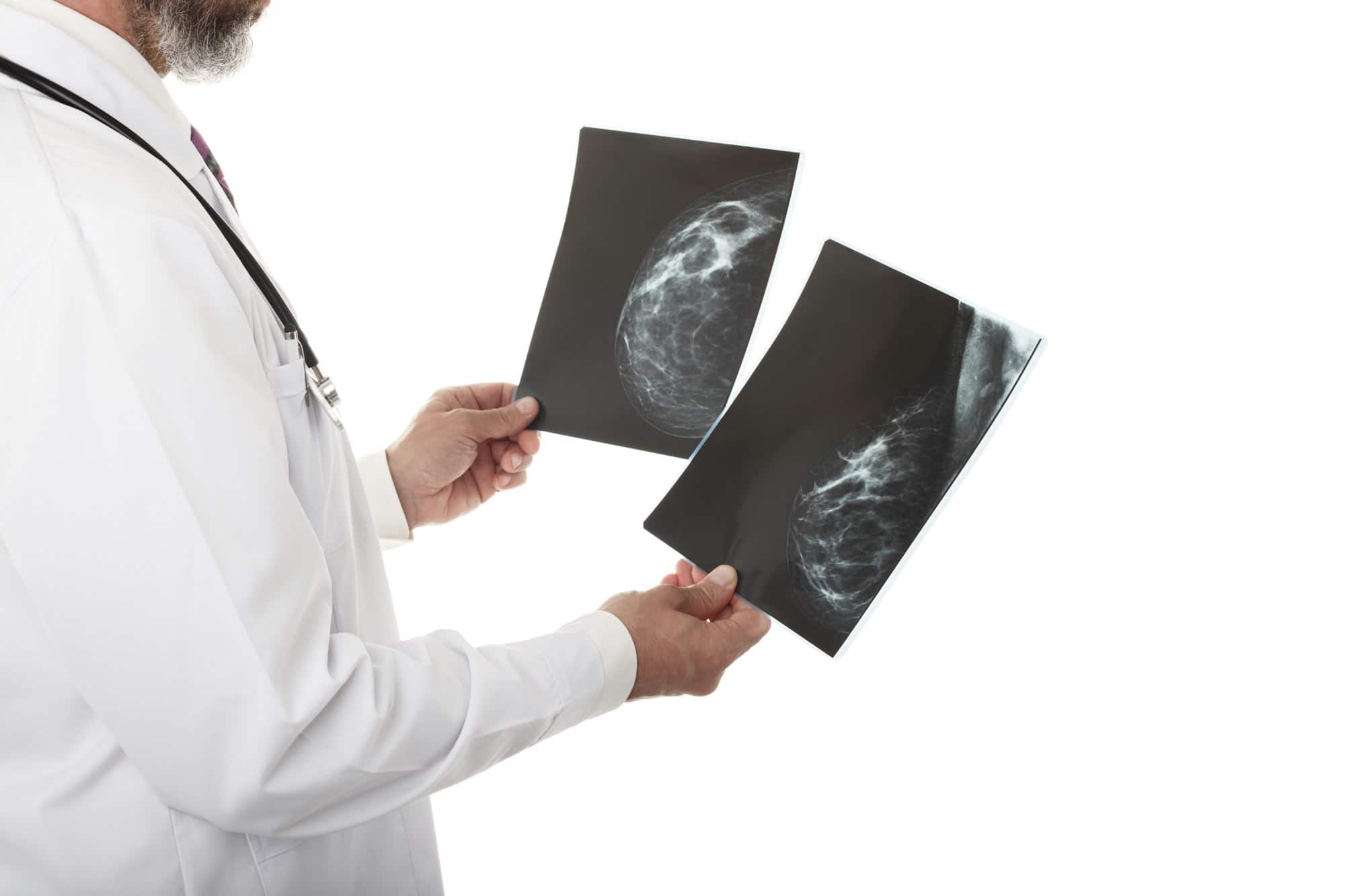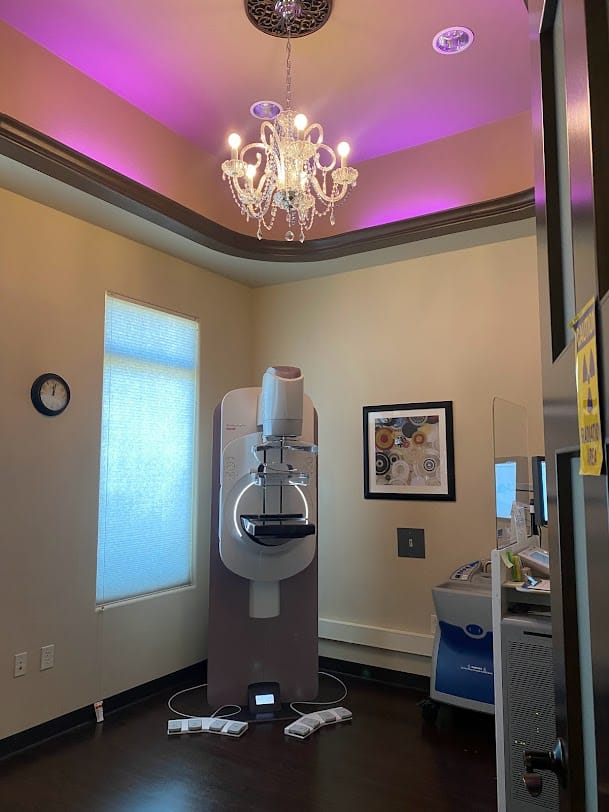Mammograms are a crucial tool in breast cancer detection, yet several myths and misconceptions surround them. These misunderstandings can lead to confusion and unnecessary fear, potentially affecting women’s willingness to get screened. Let’s set the record straight and separate fact from fiction.
Myth 1: Mammograms Are Only for Women with a Family History of Breast Cancer
Fact: Mammograms are recommended for all women, not just those with a family history of breast cancer. The risk of breast cancer increases with age, so routine screenings are vital for early detection. Guidelines generally suggest women begin annual or biennial mammograms around age 40, depending on individual risk factors and physician recommendations.
Myth 2: Mammograms Are Painful and Uncomfortable
Fact: While mammograms can be somewhat uncomfortable, they should not be extremely painful. The process involves compressing the breast between two plates to get a clear image. This compression is necessary to produce high-quality images and reduce radiation exposure. Most discomfort is brief and temporary.
Myth 3: Mammograms Cause Breast Cancer
Fact: The radiation used in mammograms is minimal and well below levels that could cause cancer. The benefits of early detection far outweigh the risks associated with the small amount of radiation. Modern mammography technology and safety protocols ensure that the radiation dose is kept to a minimum.
Myth 4: A Negative Mammogram Means You Are Cancer-Free
Fact: While mammograms are a powerful tool in detecting abnormalities, they are not infallible. A negative mammogram significantly reduces the likelihood of breast cancer but does not guarantee that no cancer is present. It’s essential to continue regular screenings and report any new symptoms to your healthcare provider.
Myth 5: Only Older Women Need Mammograms
Fact: Breast cancer can affect women of all ages, though the risk increases with age. Guidelines generally recommend starting mammograms at age 40, but women with specific risk factors or symptoms may need to begin screening earlier. Always discuss your personal risk with your healthcare provider.
Myth 6: Mammograms Are Only Necessary if You Have Symptoms
Fact: Mammograms are designed to detect breast cancer before symptoms appear. Regular screenings can identify potential issues early, often before any noticeable changes or symptoms occur. Early detection is key to more effective treatment and better outcomes.
Myth 7: If You Have Dense Breasts, Mammograms Aren’t Effective
Fact: Dense breast tissue can make mammograms more challenging to interpret, but they are still an important screening tool. If you have dense breasts, your healthcare provider might recommend additional imaging techniques, such as ultrasound or MRI, to get a clearer picture.
Myth 8: Mammograms Are Only Necessary for Women
Fact: While breast cancer is much more common in women, men can also develop the disease. Men should be aware of breast cancer symptoms and discuss any concerns with their healthcare provider. However, routine mammograms are not typically recommended for men.
Myth 9: Mammograms Are a Waste of Time and Money
Fact: Mammograms are a proven method for reducing breast cancer mortality rates. They save lives by detecting cancer early when it is most treatable. The cost of a mammogram is a small investment compared to the potential costs of treating advanced breast cancer.
Conclusion
Understanding the facts about mammograms can help dispel myths and encourage women to prioritize their breast health. Regular mammograms are a vital part of preventive care, and debunking these myths can lead to more informed decisions and better health outcomes. If you have concerns or questions about mammograms, consult with your healthcare provider to get personalized advice and information. Contact us today at Eve’s Breast Center located at 630 E State Hwy 114, Southlake, TX 76092.


